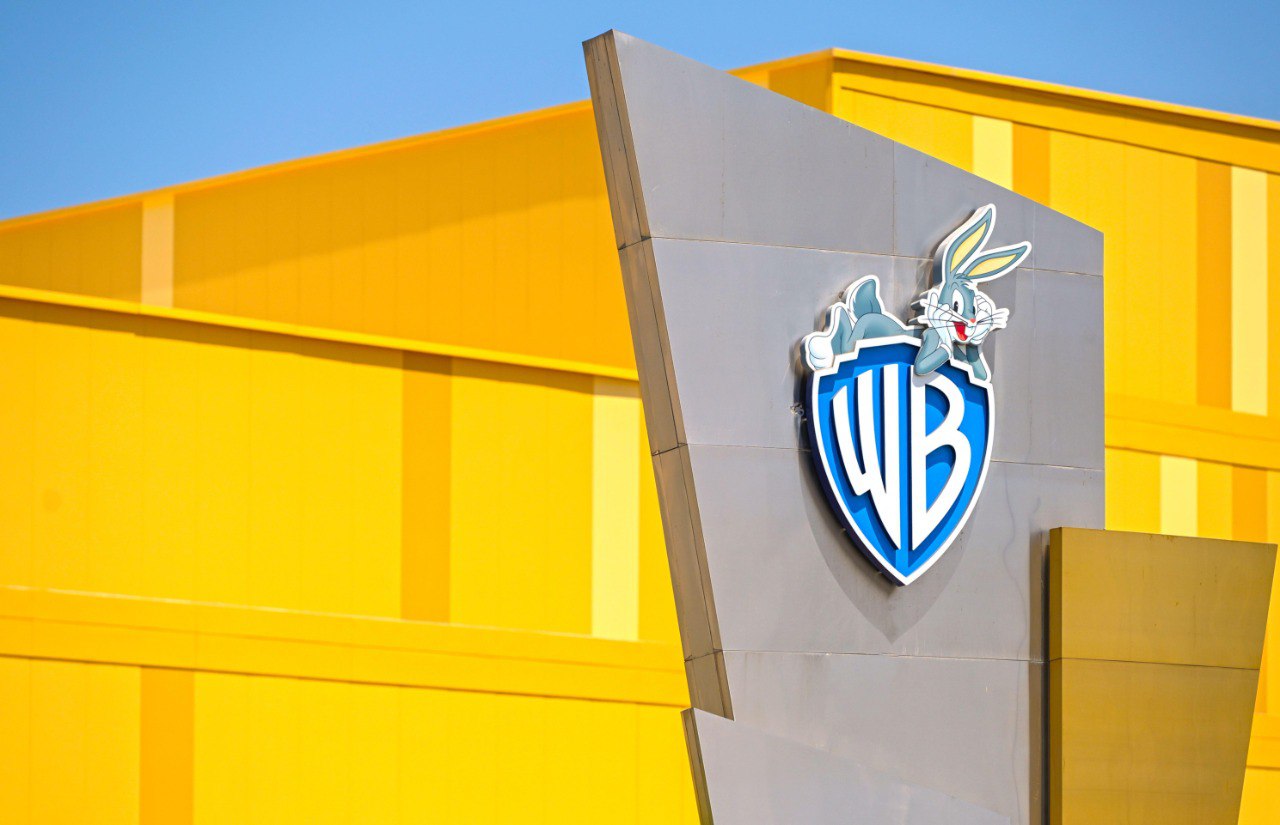Amid a massive restructuring, German carmaker Volkswagen is considering introducing a temporary four-day working week at its key plant in Wolfsburg. This was announced by Daniela Cavallo, Chairman of the company's production Council, who stressed that the company should be ready for profound changes in its production policy.
According to Cavallo, this measure is considered in the context of the plant's transformation planned for 2027, and is aimed at adapting to the changing realities of the automotive market, including the falling demand for traditional models with internal combustion engines.
According to an agreement with trade unions reached in December 2024, production of the Volkswagen Golf with internal combustion engines will be moved to Mexico. This has raised concerns among workers about the future of European production facilities. However, Cavallo assured that the release of the electric version of the Golf, as well as the new generation of the T-Roc model, is planned for the end of the decade.
The drop in global demand for Golf has become noticeable: from more than 1 million cars in 2015, production has decreased to 300 thousand in 2024, and in 2025 it is expected to produce no more than 250 thousand units.
The Wolfsburg plant remains one of Volkswagen's largest production complexes in the world, playing a strategically important role in the group's global supply chain.
At the same time, the company has already started a large-scale reduction of staff. In Germany, employment contracts with 20 thousand employees were terminated. At the same time, dismissals are accompanied by payment of compensation — their size varies depending on the length of service and can reach 400 thousand euros. Approximately two-thirds of employees who leave the company retire.
The upcoming changes reflect a broader transformation of the automotive industry, focused on electrification, automation and cost reduction in the global transition to sustainable mobility.













